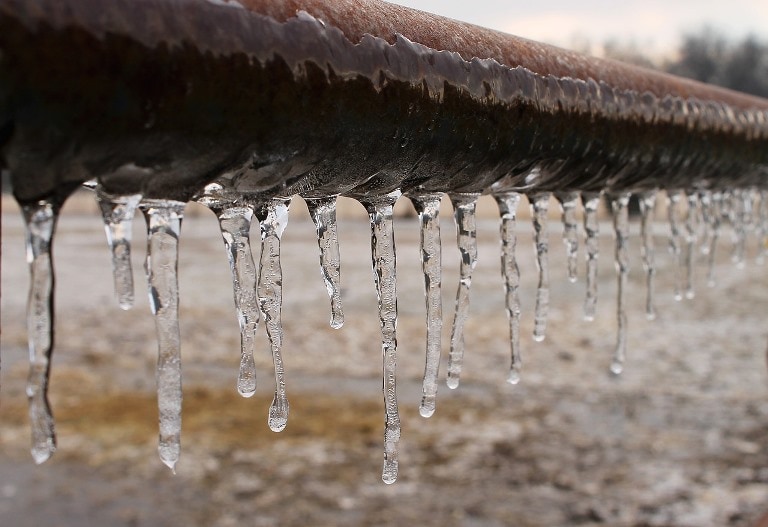16/10/2018
Are University Students covered by home contents insurance?
Contributed by Hugh J Boswell
23/10/2018 - Hugh J Boswell

The insurance experts at Hugh J. Boswell share advice on how to check your own boiler… Regular servicing can help your boiler run more efficiently – saving you money. Unless you have boiler cover in place, you’ll need to call an engineer if things go wrong, which can be expensive.
1. Double check, is it switched on?
It’s easier than you think to accidentally turn a boiler off. Make sure it’s switched on. If it’s still not working, check your electricity supply and see if the fuse for the boiler has tripped. If you have a gas boiler, check there aren’t any service disruptions in your area. If you have an oil boiler make sure the tank tap is open on your tank is open.
2. Know how your boiler works
You don’t need an expert knowledge of boiler engineering, but reading the instructions in full can help. Learn where the switches and controls are, and what the right settings for your home should be. If you’re cold, you may have the thermostat set too low, or not have the timer set correctly.
3. Check the boiler pressure
Combination boilers sometimes stop working if there’s a drop in pressure. If the pressure gauge on the boiler shows it’s low, check to see if there’s a disruption to the mains supply in your area. If there isn’t, check your pipes and radiators for leaks. If there’s no leak, you can turn the boiler off and manually increase the pressure by slowly lifting the valve handle.
4. Gently thaw your pipes
Most combination boilers have a condensate pipe that runs outside the house. These are prone to freezing, which could stop a system working. If it’s frozen, turn your system off and defrost the pipe gently with a hairdryer, hot water, or a towel soaked in hot water. While you’re there, make sure the boiler vents are clear. Once everything’s thawed, you should be able to reset your boiler and get everything going again. Then lag the pipes (wrapping them in inexpensive insulation from DIY shops), to prevent them freezing again.
5. Bleed your radiators
If your radiators have cold patches (especially at the top) air could be trapped in the system. Turn off your boiler and let it cool for a few hours. Then, use a radiator key to slowly open each valve: if it hisses, that’s air escaping. When water starts to drip from the valve, close it again tightly – this is called ‘bleeding your radiators’ – it helps to hold a towel under the valve to catch the drips. Check all the radiators, in turn.
For advice on personal or business insurance contact Hugh J Boswell here
All articles on this news site are submitted by registered contributors of SuffolkWire. Find out how to subscribe and submit your stories here »